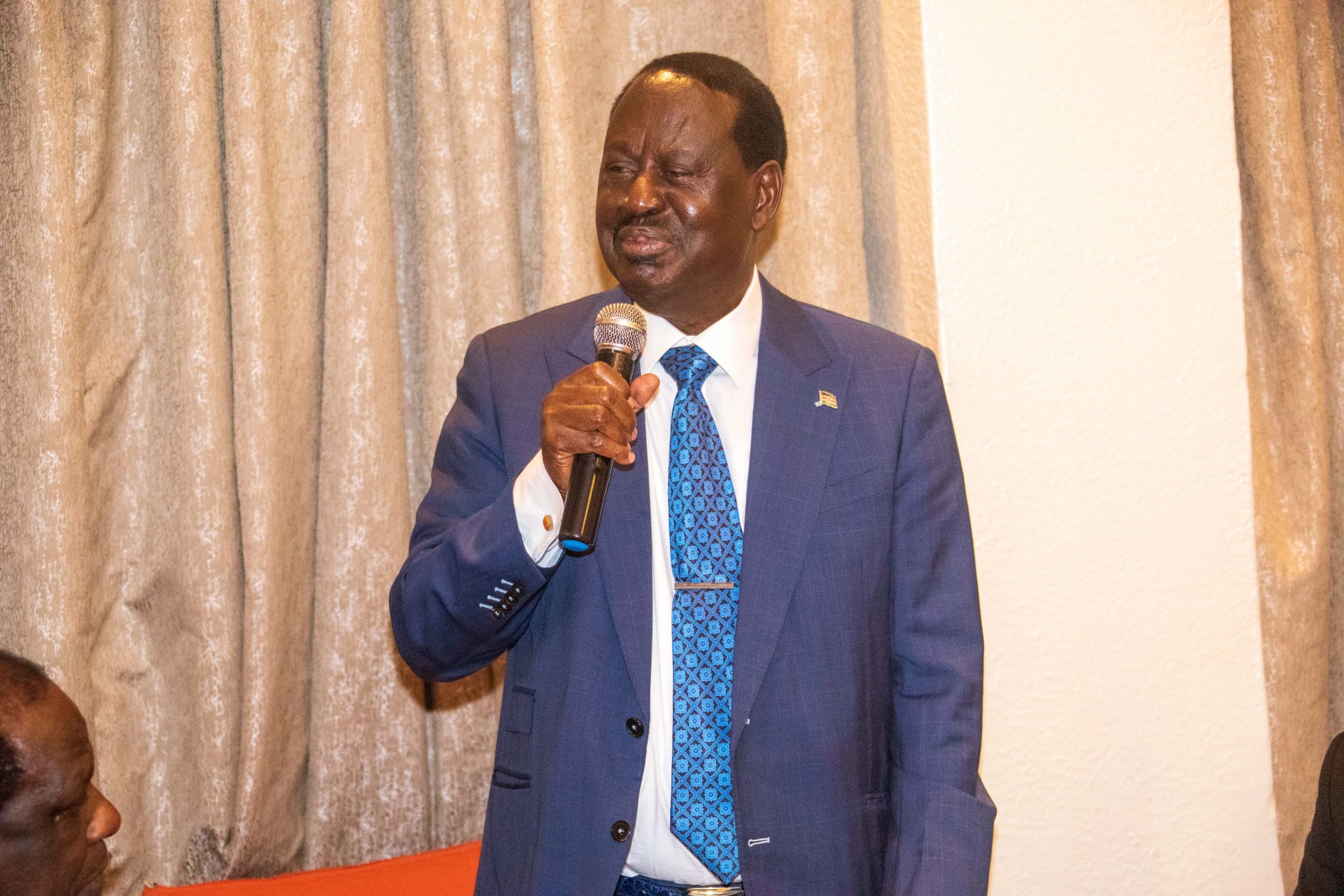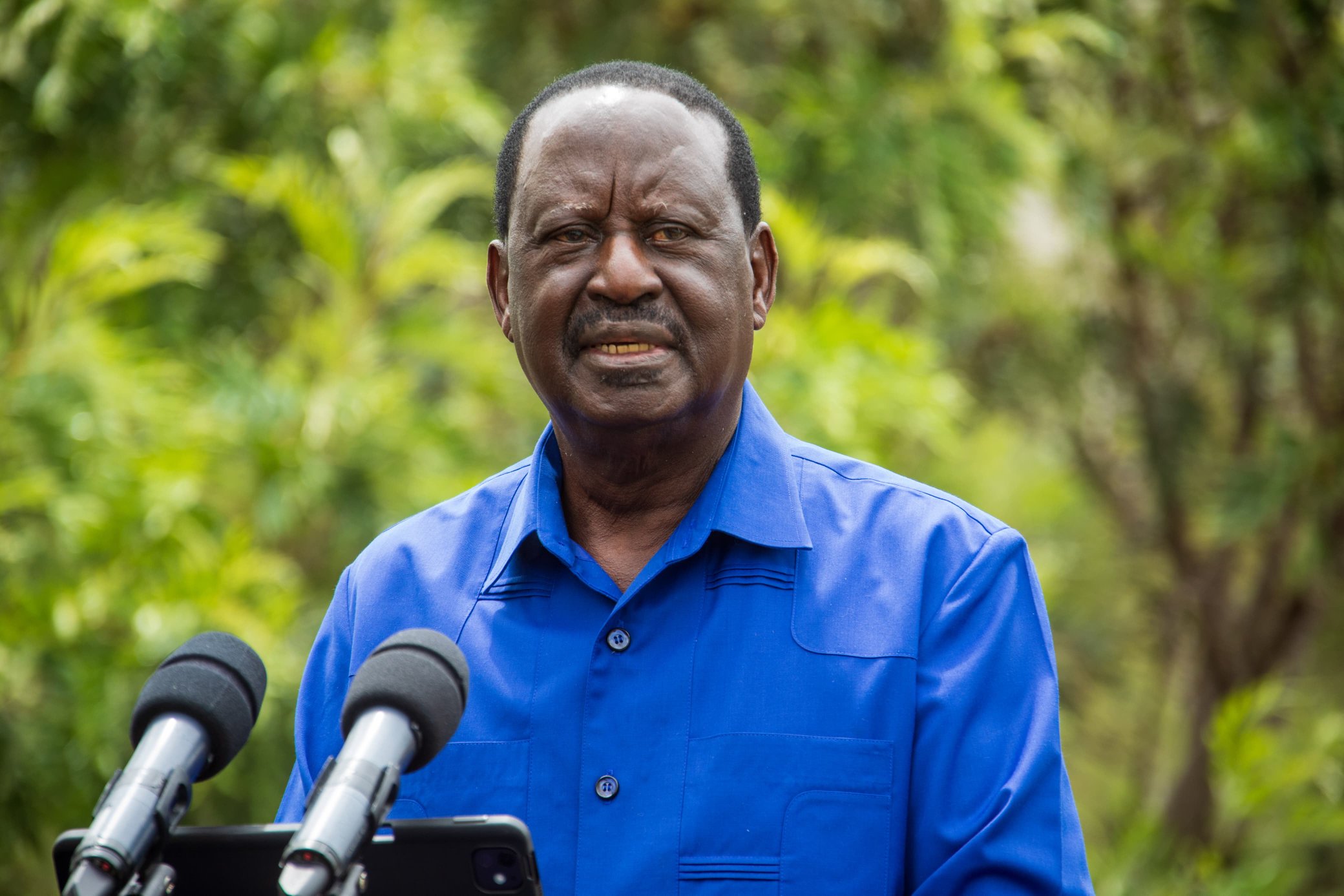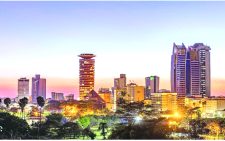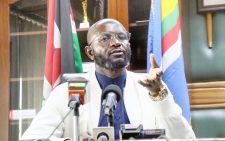Agency asks Treasury to finance key projects
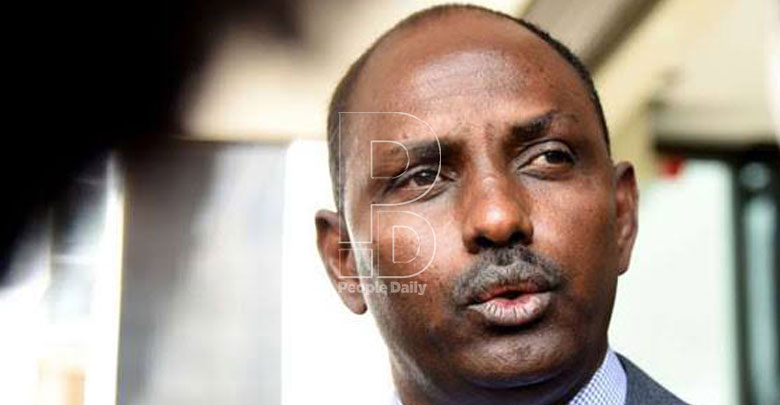
Lewis Njoka @LewisNjoka
Kenya’s budget estimates for financial year 2021/22 lack enough stimuli to reinvigorate the economy reeling from the shocks of the Covid-19 pandemic.
Parliamentary Budget Office (PBO) says by emasculating the Covid-19 Economic Recovery Strategy and the Big Four Agenda projects despite pandemic shocks, the FY 2021/22 budget “simply followed previous trends”.
The move could stifle growth on the back of an economy hit hard by Covid-19 shocks which needs requires enough stimuli for growth.
Treasury has proposed a Sh3.66 trillion budget for the next financial year which begins in July of which Sh1.3 trillion will go to recurrent expenditure and another Sh1.3 trillion to the Consolidated Fund Services (CFS).
Allocation to CFS is used to pay public debt-related expenditures which will eat a huge chunk of revenue generated.
Collectively, the energy, infrastructure and ICT sector has been allocated Sh332.9 billion in the budget estimates.
Considered a key enabler for the country’s economic growth and development agenda, the sector has routinely received substantial funding over the past decade.
However, the budget office says there are some challenges that continue to shackle the realisation of benefits from the investments in this sector.
Funding challenges
“In the state department of infrastructure, it is estimated that there are pending bills valued at Sh85 billion as well as 88 stalled projects.
Given the prevailing funding challenges, this sector can benefit greatly from increasing the PPP funded projects as this may enable faster project completion,” the budget office suggested, adding that this should however be implemented in a manner that will contain underlying debt and contingent liability risks.
“The goal should be to ensure that new assets are created within a sustainable level of debt.”
Main driver
On it’s part, the Big Four Agenda projects were allocated a paltry Sh135 billion despite being touted as the main driver of economic development in the country.
Affordable housing has been allocated only Sh14.9 billion. So far, the government has constructed only 1,370 housing units against a target of 500,000 units by 2022.
“Given the fact that this is the flagship agenda for the government and the role that it is expected to play in economic growth, a review of projects status and plan of action is necessary to ensure that at least some of the targets are achieved by 2022,” said PBO.
Only Sh666.5 billion is earmarked for development, way below the Sh1.3 trillion that will be used to service debts.
While the development allocation meets the one third (of national government allocation) threshold ideal for development budgetary allocation, analysts are questioning the quality of projects selected saying some of them have little or no ability to spur economic development.
“The issue here is not the amounts allocated but the efficiency of those projects.
There is no need of having 30 or 34 per cent going to development but those projects do not have a ripple effect in the economy,” said the head of research at Genghis Capital, Churchill Ogutu.
He singled out the Standard Gauge Railway as one of the mega projects that is yet to have a ripple effect in the economy. Ogutu called on the government to prioritise projects whose benefits easily trickle down to the common mwananchi.
In terms of sectoral allocations, agriculture has been allocated only Sh69.7 billion despite the huge role it plays in the country’s economy.



